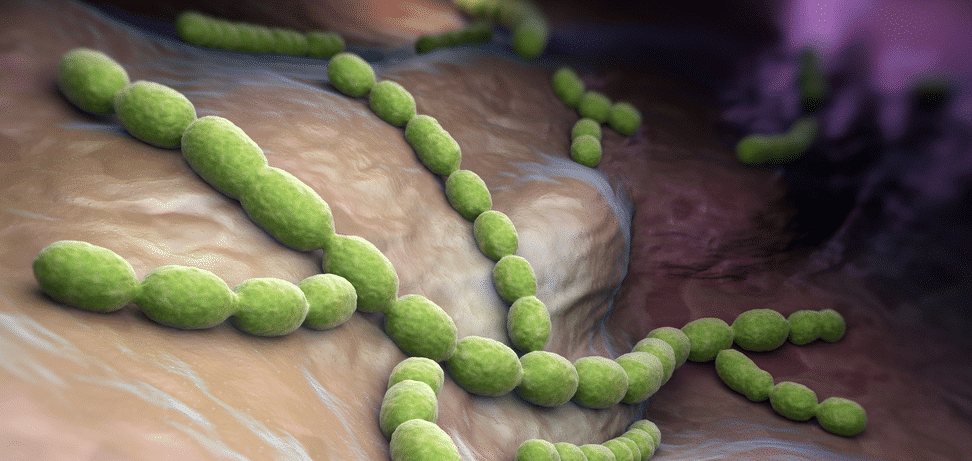PNEUMOCOCCAL DISEASE

WHAT IS PNEUMOCOCCAL DISEASE ?
Pneumococcal disease includes many types of infections, which are caused by the Streptococcus pneumoniae bacteria (also known as pneumococcus). Among these infections, lung infections (pneumonia), ear infections, sinus infections, infection of the tissue covering the brain and the spinal cord (meningitis) and blood infections (bacteremia) can be quoted.
The symptoms of pneumococcal disease vary, depending on the area affected. Most of the people experience a fever, cough, shortness of breath, chest pain, stiff neck, confusion and disorientation. Sensitivity to light, joint pain, chills, ear pain, insomnia and irritability can also appear. In the event of severe pneumococcal disease, hearing loss, brain damages or death may occur.
WHAT IS THE RISK FOR TRAVELERS ?
Pneumococcal disease is present all around the world. All travelers can potentially be affected by the disease. However, they are exposed to an increased risk if they are frequenting crowded places or spending a lot of time with children in developing countries, where access to vaccines is limited for the local population. It is good to know that pneumococcal disease is more prevalent during winter and early spring in temperate countries, while it occurs all-year-round in tropical areas. Some groups of people are especially at risk for severe pneumococcal disease, such as elderly people and young children, as well as the persons who are affected by medical conditions which weaken their immune system (such as diabetes, cardiac diseases, pulmonary diseases and HIV), asthmatic people and smokers.
HOW TO PREVENT PNEUMOCOCCAL DISEASE ?
Vaccination
If you intend to travel to a developing country, you should consider getting vaccinated again pneumococcal disease. It is advised that you see a doctor before your departure, he/she will help you to know if you need to get vaccinated. Elderly people, as well as the younger adults who are part of the previously quoted groups of people at high risk for the disease, should get the 23-valent pneumococcal polysaccharide vaccine (PPSV23 vaccine). Children under the age of 5 years old must receive four doses of 13-valent pneumococcal conjugate vaccine (PCV13 vaccine). Children and teenagers between 5 and 18 years old should get a booster dose of PCV13 vaccine.
Hygiene
While traveling, always have good hygiene practices. Frequently wash your hands with clean water and soap, or with a hand sanitizer containing at least 60% alcohol. Never touch your eyes, your nose and your mouth without cleaning your hands first. Always cover your mouth and nose with a disposable tissue when sneezing or coughing. Throw the tissue in a bin right after use. Avoid close contact with other people, such as hugs and kisses, especially with persons looking sick. Never share your eating utensils and cups.
IF YOU THINK THAT YOU ARE INFECTED :
If you feel sick after traveling in areas at risk and you think that you may be infected with pneumococcal disease, you must see a doctor immediately. Inform him/her of the countries you have visited and of your activities there.
We make every effort to ensure that the information posted on our website is up to date and accurate according to the latest public health recommendations; however, it is impossible for us to make changes on a daily basis.
For the most current travel health recommendations, please call our clinic as make an appointment with one of our travel health professionals.
